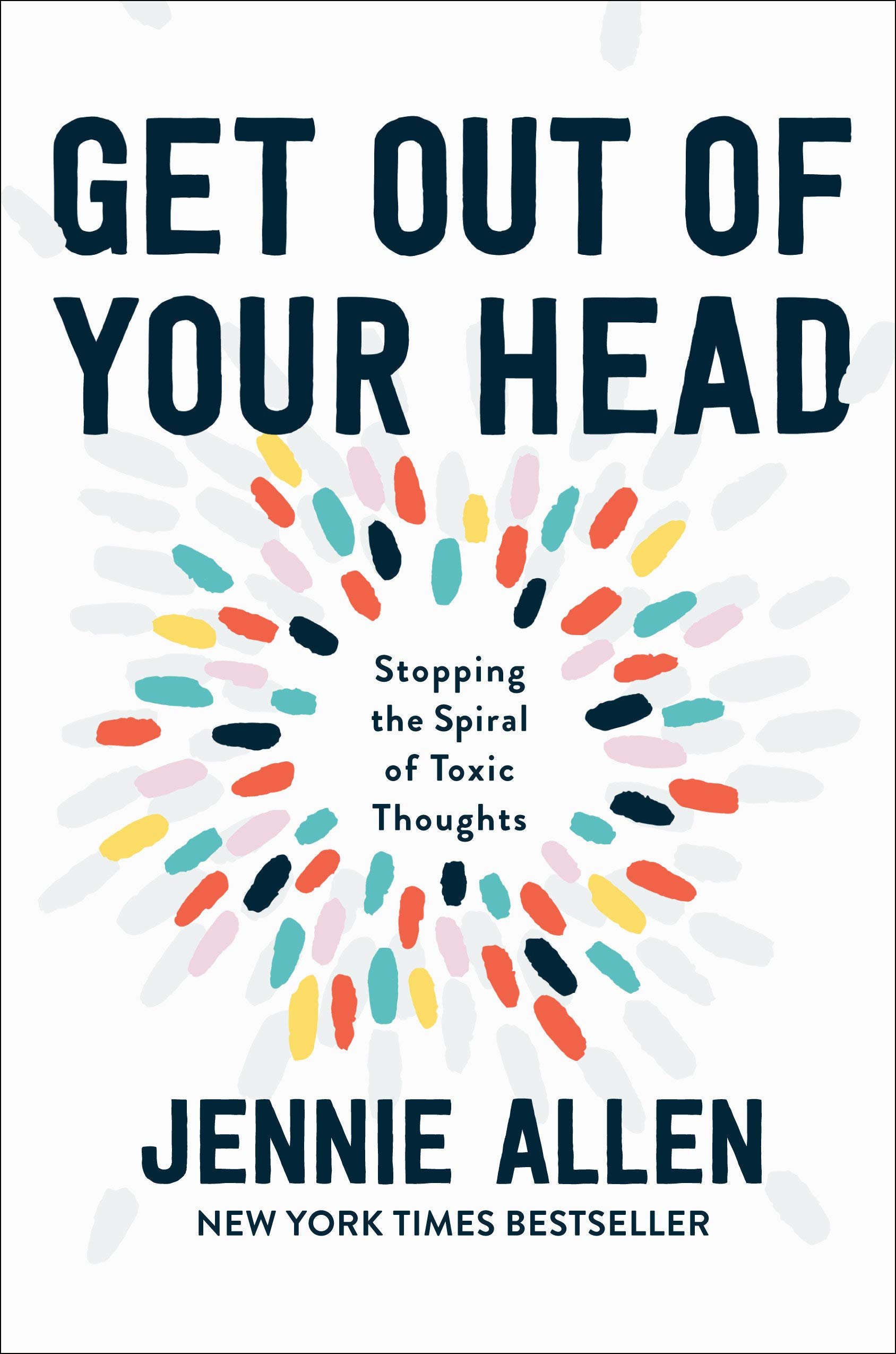“How we think shapes how we life.” (pg 5).
“75 to 98 percent of mental, physical, and behavioral illness comes from one’s thought life” (pg 6).
“What we believe and what we think about matters” (pg 10).
“Every lie we buy into about ourselves is rooted in what we believe about God” (pg 15).
“Doubt steals hope. And with no hope, everything that matters doesn’t feel as important anymore” (pg 23).
“Our fixations come out in our words, in our feelings, our decisions. They are the focus of the books we read, the podcasts we subscribe to, the websites we scour, the groups we join, and the obsessions we pursue” (pg 41).
“What we think about, our brains become” (pg 42).
“Because for all the good that self-help does, that help always come up short in the end” (pg 55).
“We don’t simply need our spiraling thought to stop; we need our minds to be redeemed.
Bondage necessitates rescue.
Oppression needs to be lifted.
Blindness waits for sight.
Waywardness must be transformed
We are not made to think more good thoughts about ourselves. We are made to experience life and peace as we begin to think less about ourselves and more about our Creator and about others” (pg 56).
“We build entire narratives that begin to take on lives of their own based on assumptions and our overactive imaginations - all because we attend to fears, attend distractions, attend to worst-case scenarios” (pg 76).
“Help me see things not as they seem to me but as they truly are” (pg 81).
“No lie is more often believed than the lie that we can know God without someone else knowing us” (pg 87).
“We weren’t made to celebrate victory alone. We weren’t made to suffer hardship alone. We weren’t made to walk through the dailiness of life alone. We weren’t made to be alone with our thoughts. We were made to reach out, to connect, to stay tethered. We were made to live together in the light” (pg 93).
“The irony here is that many of the people you think don’t care about your are feeling the very same way”. . . so “go be the botherer first. Reach out. Take the risk. Say what you’re feeling. Listen well. Be the friend you wish others would be for you” (pg 103).
“I think it is a gift that God built our bodies to send us signals that we might be spiraling in a dangerous direction” (pg 107).
“God is real. He is not going anywhere, even if my mind jumps to all kind of dark places. I can’t rely on my thoughts or feelings to hold my faith in place. God holds my faith in place” (pg 116).
“Cynicism puts our minds on things of this earth, and we lose hope. Beauty points our gaze toward the heavens and reminds us of hope” (pg 135).
“When he was reviled, he did not revile in return; when he suffered, he did not threaten, but continued entrusting himself to him who judges justly . . . Jesus did nothing wrong and held His tongue when falsely accused” (pg 147).
“When we’re not busy being consumed with our own selves, we notice other people in the world, people we might be able to serve. We see them with fresh perspective. We see their fragility and their need” (pg 160).
“Victimhood is yet another enemy of our minds that keeps us fixated on something other than the God of the universe, believing the lie that we are at the mercy of circumstances” (pg 169).

